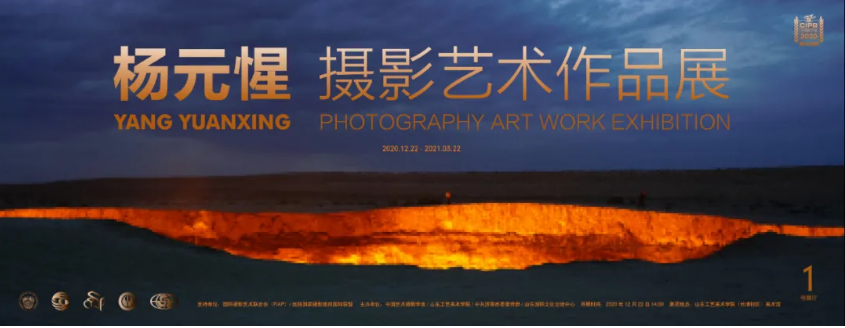Chinese people are born poetic. For thousands of years, it has closely bonded with Chinese people's love for nature as well as the unspeakable nostalgia. Whether one is of noble birth or from an ordinary family, and whether it is about poem, calligraphy, painting, elegant music or folk songs, poetry always permeates them explicitly or secretly. This casual poetic temperament forms, in the depth of our spirit, the basic background of Chinese photography, which is different from western photography characterized by divine humanity. This innate poetic temperament may also be the cultural destiny of Chinese photographers today. Objectively speaking, this cultural destiny is on the one hand a precious historical wealth for photographic creation and on the other hand a realistic limitation that is difficult to break away from. Whatever the shooting theme or the content is, most of the Chinese photographers always express their lingering poetic complex consciously or unconsciously. Undoubtedly, there is nothing wrong with the poetry itself. If properly used, it may add a unique and beautiful touch to the work. The problem is that photographers, with different understandings of poetry and different motives, often intrigue a kind of thought-provoking subtlety in many photographic works. Some photographic works tend to be morally sensational deliberately, some tend to show pretentious religious sentiments, some are lost in the meticulous literary tone, and some fall into philosophical thoughts. It is not difficult to understand that Chinese photographers under the profound influence of Confucianism and Taoism are keen on humanistic themes and landscape photography, because these two aspects are the source of our traditional poetic complex. The two choices are beneficial for works to arouse the resonance and empathy in a more general sense, but they can also easily lead to symbolic and stereotyped empty images. Unlike many other Chinese photographers, the human and natural landscapes in Mr.Yang Yuanxing's lens are always full of clear poetry and calm confidence. Where does this clear poetry come from? Why do the exotic customs, natural landscapes, characters and stories, which are common in the works of many Chinese photographers, bring us the feelings of unfamiliarity and intimacy in Mr.Yang Yuanxing’s works? On the one hand, his works are unfamiliar. We cannot see "familiar" close-ups, coarse grains, vignetting, overly dramatic "decisive moments" or specific perspectives in the works. What's more, we cannot feel intentional heavy atmosphere or see signature expressions and movements of New Year figures or movie posters. On the other hand, his works are intimate, because they are full of Chinese poetry, just the way they are, which runs through the humanistic customs and natural landscapes: natural, clear, pure. The clear poetry comes as a result of abandoning much burden and utility. Photography is not only the subtraction of reality, but also the process of self-purification when photographers facing the world. Mr. Yang Yuanxing is more like a humble poet, quietly recording the unexpected poetry of the world, and unconsciously building his own poetic world. Clear and pure as it is, we can hear distinctly the whisper of history and the soft songs of today.
By Xing Qianli: Ph.D. in Art History, Column Critic










